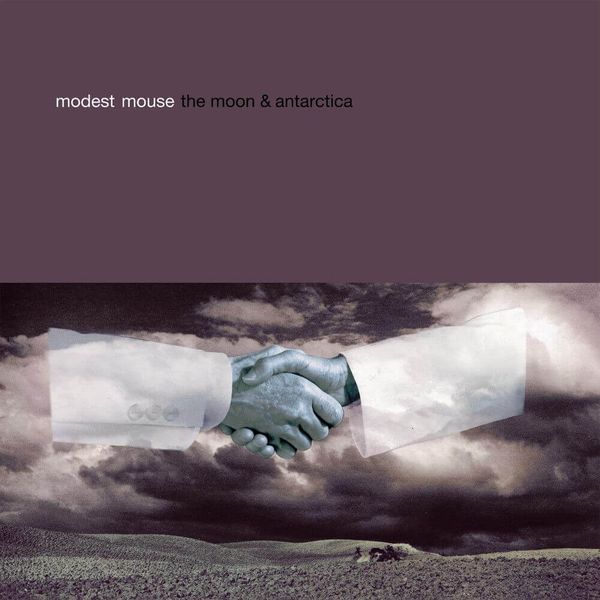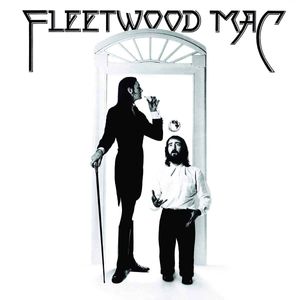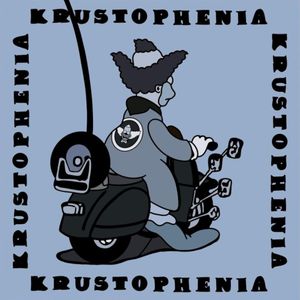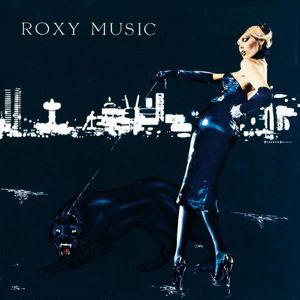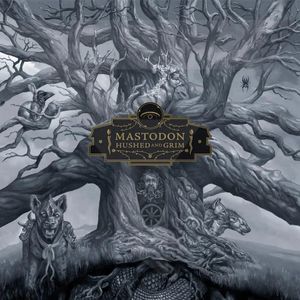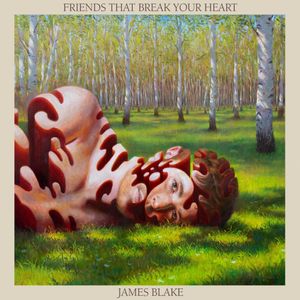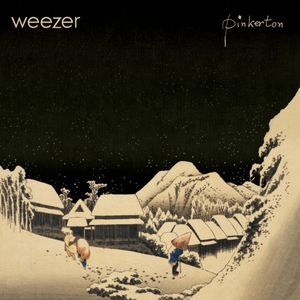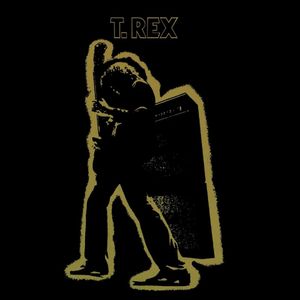Elliott Smith: behind the lyrics
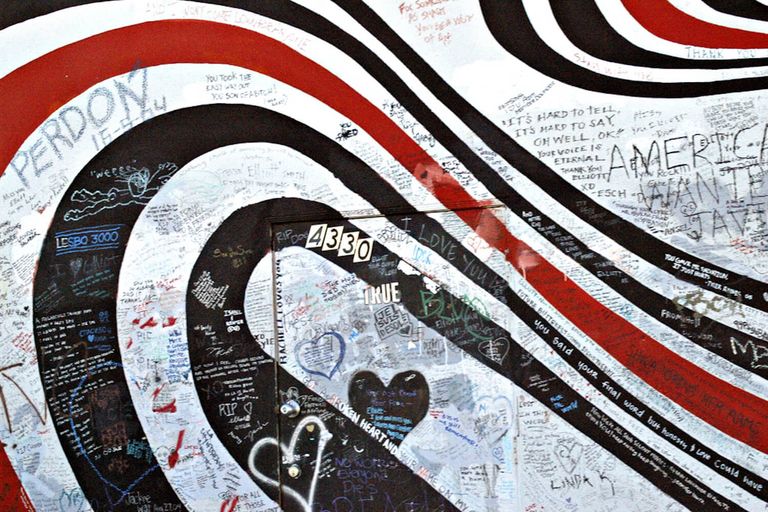
Chances are, if you listen to Elliott Smith when you are already feeling down, you will start feeling even worse after hearing his sweet voice tell you that he’d rather throw his life away. If you know he did exactly that in October of 2003, it will hurt even more. Especially well-known in Portland, Oregon, Elliott Smith was an indie/folk singer-songwriter who attained international fame after performing his song “Miss Misery” (featured on the soundtrack for Good Will Hunting and nominated for Best Original Song) during the 1998 Oscars.
If you’ve listened to Elliott before, you probably didn’t stop with one song, and if you’ve never listened before, you ought to. Few understood as he did the sharpest degree of pain you feel when your wound is fresh. You will relate to him when you are in pain, and resonate with the emotions that led him to put a knife in his chest.

This article is difficult to write without sounding like I am romanticising suicide. That is not my point, especially given the recent loss of two other exceptional musical talents — Chris Cornell and Chester Bennington — but avoiding these subjects, and our obsession with living life a certain way, is damaging. It is difficult to feel like an alien all the time, to keep your depressive and toxic thoughts to yourself because they would worry others or make them uncomfortable. We are often discouraged from talking about death, suicide, the pointlessness of life, our insignificance in the world, the disappointments we face and cause… Somehow, experiencing these emotions is “weakness.” Not being honest, or genuine, or human.
I refer to Elliott Smith by his first name because he made me feel like I had a friend in my room with me, who understood what I felt when I thought nobody could. Elliott was never afraid to be authentic, to be himself and confess through his lyrics the horrifying thoughts that haunted him. He didn’t swallow his emotions or pretend to be okay.
For example, in “Needle in the Hay”, Elliott talks about drug addiction. He manages to paint a picture and visualise the scene by metaphors, and inevitably you end up accompanying him. In the beginning of “Needle in the Hay”, he describes the scene: ‘Your hand on his arm / Haystack charm around your neck / Strung out and thin / Calling some friend trying to cash some check.’ The strength of his addiction is clear, driving him to get more of the drug despite his state. Throughout the song he gradually gets even more desperate, and you witness it. ‘Gonna walk walk walk four more blocks / Plus the one in my brain / Down downstairs to the man / He’s gonna make it all okay / I can’t be myself / I can’t be myself and I don’t want to talk / I’m taking the cure / So I can be quiet whenever I want.’ The belief he would not be able to function without the drug — his ‘cure’ — shines through.
Visual storytelling and use of metaphors is also present throughout his work. Take “Between the Bars”, where Elliott sings about alcohol consoling someone almost like a friend. It sweetly talks, ‘Drink up with me now and forget all about / The pressure of days, do what I say / And I’ll make you okay, and drive them away / The images stuck in your head.’ But we learn the sinister subtext soon enough as he sings ‘Drink up one more time and I’ll make you mine / Keep you apart, deep in my heart / Separate from the rest, where I like you the best / And keep the things you forgot.’
Raw, vulnerable lyricism was essential to his music, but despite writing about such difficult subjects, he didn’t see himself as a miserable person like some might conclude. In his words, taken from an interview with Spin that was also featured in The Guardian, he thinks his songs are not happy nor sad: “A lot of people are kind of depressed. I mean, I am happy some of the time and some of the time I’m not”.

Elliott was highly aware of the cathartic quality of his music: ‘People seem so chaotic internally but being filtered through some form.. Like making a record sort of filters it down into something that can be understood. It’s hard to represent chaos or absence of something. It’s much easier to represent the presence of something or a situation, people can be in chaos but it’s hard to fit it into some creative piece that you make, you know, it’s hard.’
The honesty in his songwriting and his personality shows that Elliott was never an entertainer or a performer, he was purely an artist; a genius songwriter and a unique musician. A genuine, brave, but hurt soul. Success for him was people sharing in the expression of his music. “I’d be really happy if I could write a song as universal and accessible as “I Second That Emotion”. It’s a big game to play, trying to make something that’s mainstream enough and still human.”
Elliott Smith’s songs are the perfect combination of dark, raw lyrics with soft melodies. There is no artist quite like him. He poured out his thoughts on many topics, including drug abuse, feeling trapped in life, alcoholism, and the hurt and disappointment he experienced throughout his life. When you listen to his songs, your own disappointments, struggles and thoughts reflect in his music. As LA Weekly and Pitchfork writer Jeff Weiss summarises it perfectly: ‘Elliott Smith never fails to feel your pain yet avoids melodramatic whining and gothic cliché. He discovered a way to make the softest music sound hard.’
For those unfamiliar with Elliott and interested in making his acquaintance, I recommend the following songs. It will be intimidating, like those rare occasions when you meet someone with a wise and powerful gaze, but they regard you warmly. Gaze back.
- 2:45 AM
- Miss Misery
- Everything Means Nothing To Me
- New Disaster
- Alameda
- Twilight
- Angeles

Related Posts

There's a Riot Going On // Yo La Tengo
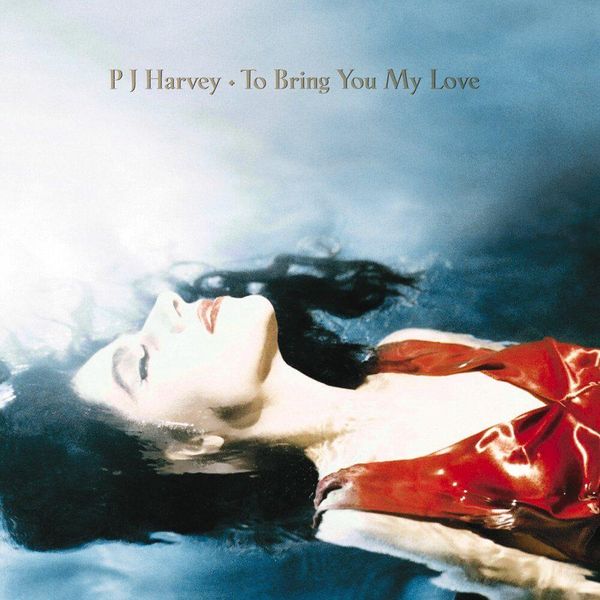
To Bring You My Love // PJ Harvey
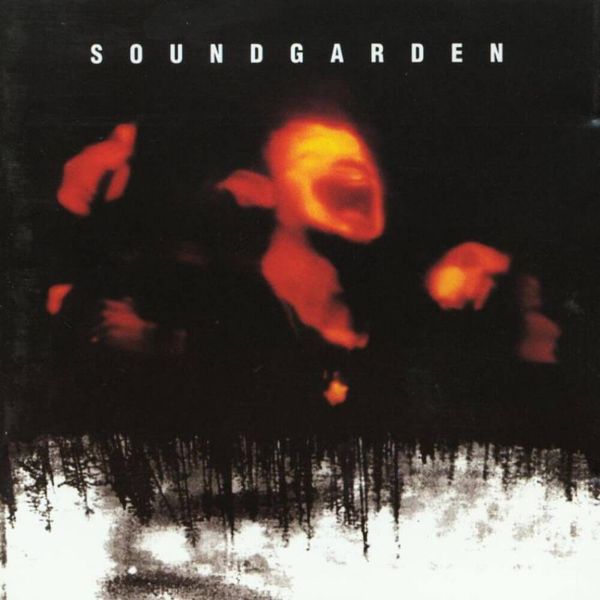
Superunknown // Soundgarden
